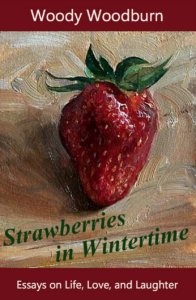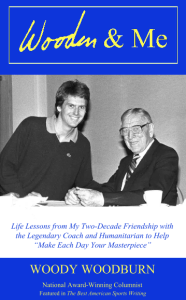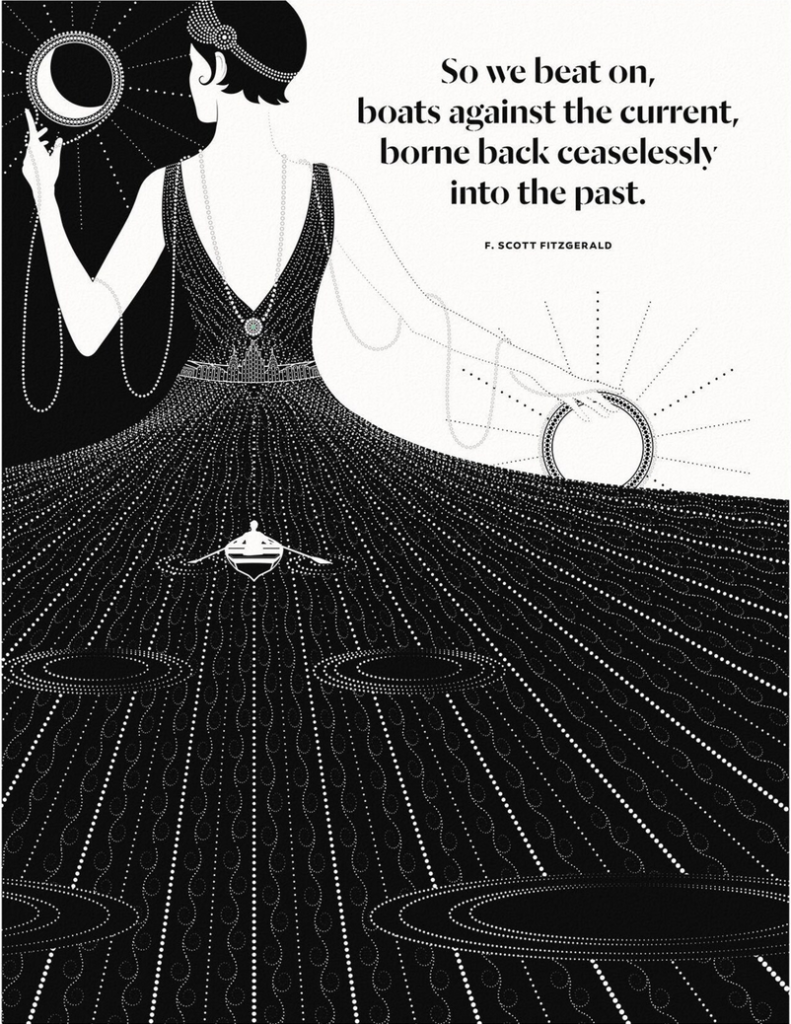A while back, while browsing a second-hand bookshop, specifically our local treasure Bank of Books – by the way, is any perfume more lovely than the musty-woodsy-vanilla-fresh-rain scent that wafts up from the open pages of an old book?—I came upon a copy of “Anna Karenina.”
I have long meant to tackle this classic tome by Mr. Tolstoy, long being the operative word for it is pushing 600 pages, and on this encounter I simply read the opening sentence—“Happy families are all alike; every unhappy family is unhappy in its own way”—and then flipped to the ending: “My life now, my whole life, regardless of all that may happen to me, every minute of it, is not only not meaningless, as it was before, but has the unquestionable meaning of the good which it is in my power to put into it!”
And so began my habit of wandering through bookstores and partaking of the first and last lines, or paragraphs, of novels—ones I have already read and also those I wish to one day do so in full.
Just for fun, and to give myself the day off from writing my own last line for this column, here are some endings I have jotted down in my collection…
From “Where the Wild Things Are,” the first book I remember checking out of the library as a kid, the last page reads: “and it was still hot.”
“Harry Potter and the Deathly Hallows”: “The scar had not pained Harry for 19 years. All was well.”
“The Catcher in the Rye”: “It’s funny. Don’t ever tell anybody anything. If you do, you start missing everybody.”
“A Prayer for Owen Meany”: “Oh God—please give him back! I shall keep asking You.”
“Beloved” concludes powerfully and unforgettably with simply the novel’s title: “Beloved.”
Two more succinct endings are “I’ll pray, and then I’ll sleep” from “Gilead” and “Are there any questions?” from “The Handmaid’s Tale.”
“To Kill a Mockingbird” closes: “He turned out the light and went into Jem’s room. He would be there all night, and he would be there when Jem waked up in the morning.”
“The Great Gatsby” famously ends: “So we beat on, boats against the current, borne back ceaselessly into the past.”
No title is needed to identify this couplet finale: “For never was a story of more woe / Than this of Juliet and her Romeo.”
From “The Road” comes this poetic prose: “In the deep glens where they lived all things were older than man and they hummed of mystery.”
“The Green Mile” ends: “We each owe a death, there are no exceptions, I know that, but sometimes, oh God, the Green Mile is so long.”
Death, the narrator of “The Book Thief,” concludes: “A LAST NOTE FROM YOUR NARRATOR. I am haunted by humans.”
“Adventures of Huckleberry Finn”: “I got to light out for the territory ahead of the rest, because Aunt Sally she’s going to adopt me and sivilize me, and I can’t stand it. I been there before.”
“The Sun Also Rises”: “ ‘Yes,’ I said. ‘Isn’t it pretty to think so?’ ”
“The Grapes of Wrath” closes with this indelible image: “She looked up across the barn, and her lips came together and smiled mysteriously.”
“Travels with Charley”: “And that’s how the traveler came home again.”
And in “brown girl dreaming” Jacqueline Woodson ends with this verse: “gather into one world / called You / where You decide / what each world / each story / and each ending / will finally be.”
* * *
Essay copyrights Woody Woodburn
Woody writes a weekly column for The Ventura County Star and can be contacted at WoodyWriter@gmail.com. Follow him on Twitter and Instagram at @woodywoodburn. His SIGNED books are available at www.WoodyWoodburn.com.




